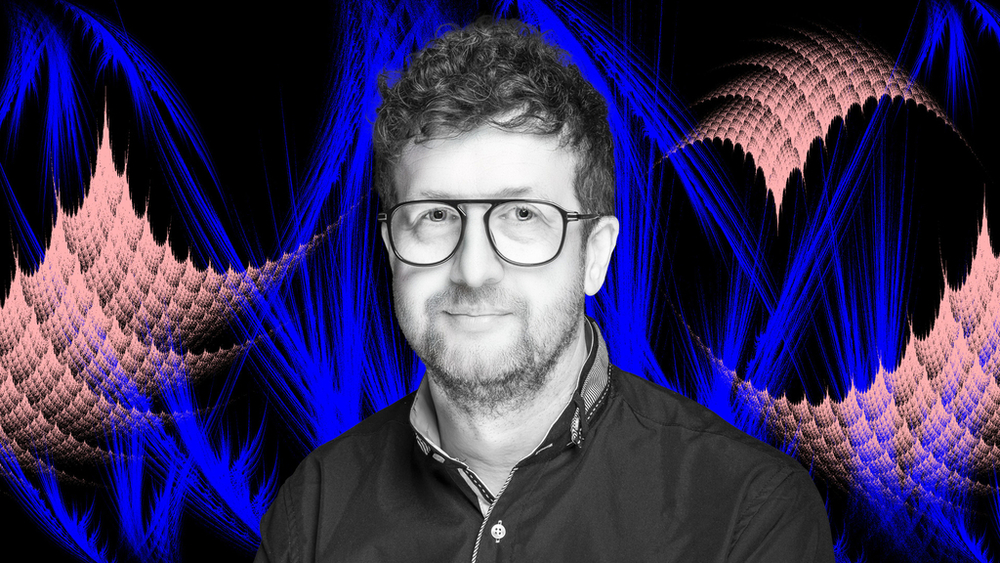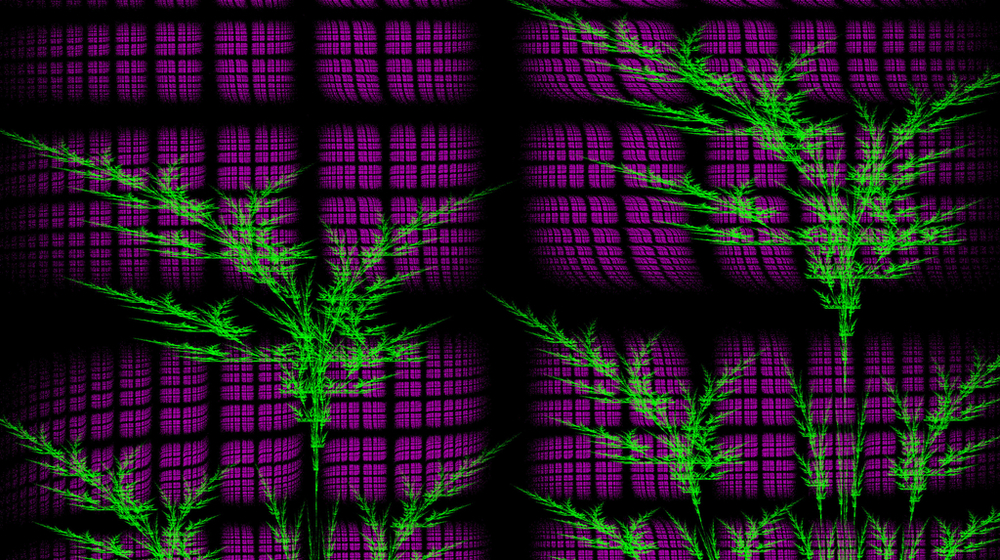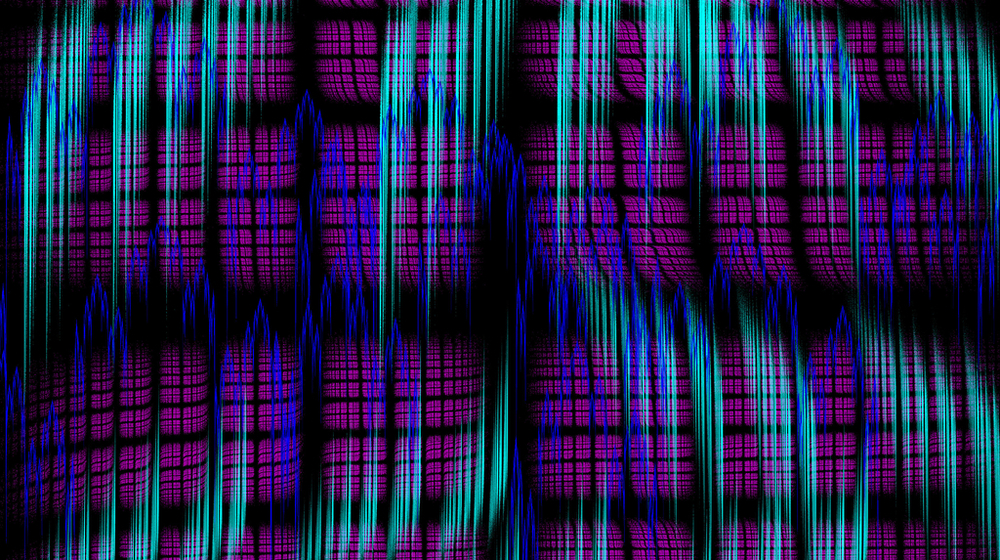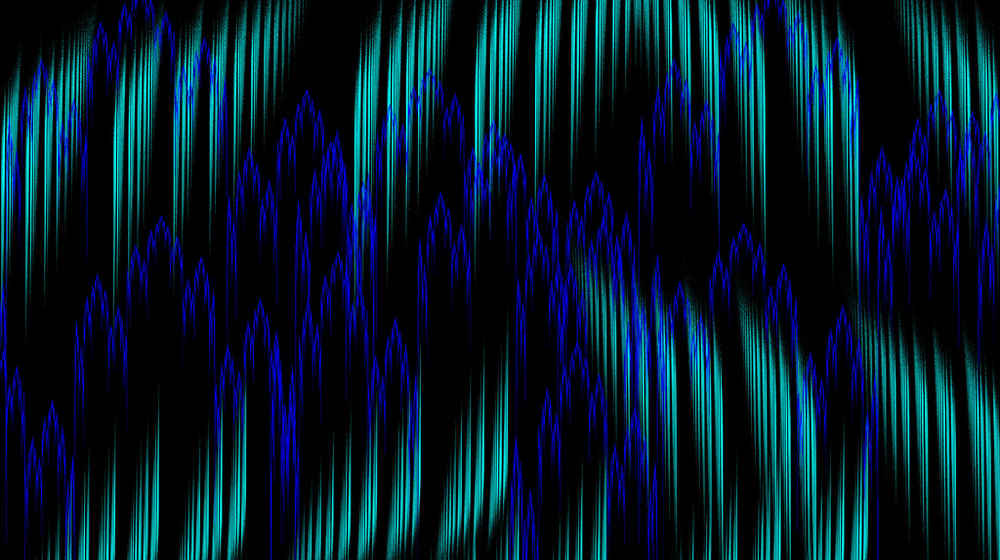
Prof. Dariusz Wardowski is a mathematician, a computer scientist, an author of publications in the field of nonlinear analysis, metric and topological fixed point theories, and their applications in differential and integral equations. He is passionate about working with students. He loves life in the countryside and closeness to nature. He likes sports and vegetables. Dr hab. Dariusz Wardowski is a proud father of three daughters. He has a dog, two cats and ten green-legged partridges.
What inspired you to become a scientist?
My fascination with mathematics emerged as a result of contact with other mathematicians, especially those whom I first met as a student. Mathematics is a rather unique discipline in which we not only discover something as scientists, but also define new concepts and objects. So, in a sense, we create – and this is very addictive, in a positive sense, of course.
What impact does your work have on the surrounding reality?
One of the tasks of mathematics is to provide models to describe phenomena occurring in many different areas of science, in particular in the field of Natural Sciences. Some of the results of my research concern various types of differential and integral equations, the purpose of which is to describe the phenomenon and model its behaviour. One of my results was used by other mathematicians for an equation modelling the spread of the SARS-CoV-2 virus that induces the COVID-19 infectious disease. In turn, my latest research on iterated mapping systems concerns objects with a fractal structure (visible in the photo). They play an important role in applications and are, above all, a clear proof that mathematics is beautiful and that some of its objects can be treated as works of art.
How do you understand the term: profession of a scientist?
The work of a scientist is very demanding and difficult. There are no shortcuts here. Often, dozens of hours devoted to a given problem is another discovery of one of the thousand ways "not to invent the light bulb". This profession offers unlimited opportunities for discovery and creation, and even the smallest success can be a source of great satisfaction.
 Fractals by Prof. Dariusz Wardowski, graphic design by Maciej Andrzejewski
Fractals by Prof. Dariusz Wardowski, graphic design by Maciej Andrzejewski
More information about Prof. Dariusz Wardowski’s work
- Prof. Wardowski cooperates with scientists from the University of Palermo in Italy and the Lucian Blaga University of Sibiu in Romania.
- He is a member of the editorial board of Demonstratio Mathematica and Modern Mathematical Methods.
- As a student supervisor, he took part in the "Talented Secondary School Student - Brilliant University Student" programme.
- He has been associated with the "Open University" programme for years. He gives popular science lectures to high school students.
- He has also worked as the head of the NCN grant.
 Fractals by Prof. Dariusz Wardowski, graphic design by Maciej Andrzejewski
Fractals by Prof. Dariusz Wardowski, graphic design by Maciej Andrzejewski
 Fractals by Prof. Dariusz Wardowski, graphic design by Maciej Andrzejewski
Fractals by Prof. Dariusz Wardowski, graphic design by Maciej Andrzejewski
Scientific achievements
In 2022 and 2023, Prof. Dariusz Wardowski was included in the list of Stanford University, Elsevier Publishing House, SciTech Strategies among the 2% of the most highly cited scientists in the world, taking into account citations for the last year.
Source: Dr hab. Dariusz Wardowski prof. UŁ (Faculty of Mathematics and Computer Science, Department of Nonlinear Analysis)
Edit: Michał Gruda (Communications and PR Centre, University of Lodz)
The mission of the University of Lodz is to conduct reliable research and actively disseminate facts and research results so as to wisely educate future generations, be useful to society and courageously respond to the challenges of the modern world. Scientific excellence is always our best compass. Our values include: courage, curiosity, commitment, cooperation and respect.
